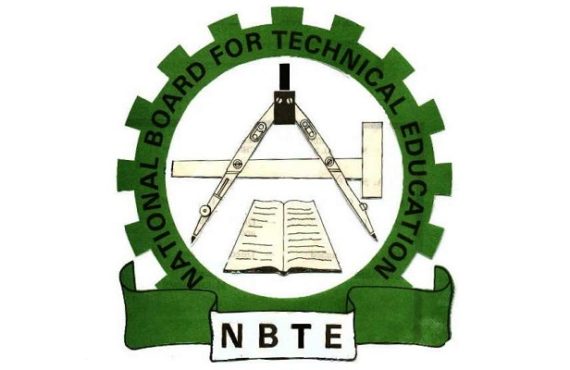Polytechnics left to suffer, stakeholders tell Reps panel
Stakeholders have said polytechnics education has been left to suffer as the National Board for Technical Education (NBTE) struggles to supervise over 700 institutions, stressing the need for the creation of a body to regulate them. They stated this in separate submissions at a public hearing on bills for the creation of National Polytechnics Commission […]

National Board for Technical Education (NBTE)
Stakeholders have said polytechnics education has been left to suffer as the National Board for Technical Education (NBTE) struggles to supervise over 700 institutions, stressing the need for the creation of a body to regulate them.
They stated this in separate submissions at a public hearing on bills for the creation of National Polytechnics Commission (NPC), Federal Vocational and Entrepreneurship Institute in Lagos State and Federal Vocational and Skills Acquisition College in Yankaba, Kano State.
It was organised by the House Committee on Federal Polytechnics and Higher Technical Education on Wednesday.
In his submission, the Executive Secretary of the National Board for Technical Education (NBTE) Prof. Idris Bugaje informed the committee that the creation of the proposed National Polytechnic Commission (NPC) was long overdue.
- One killed, six injured in military, PDP supporters clash in Bauchi
- Foundation opens writing competition for Eugenia Abu
According to him, other sectors in the Ministry of Education have specialised commissions regulating and overseeing their activities while the polytechnic education sector was left to suffer.
Prof. Bugaje said the NBTE as the agency regulating the activities of polytechnics had been overwhelmed to regulate over 700 institutions.
He, therefore, said the establishment of the NPC to oversee polytechnics will provide a proper regulatory mechanism for Nigeria’s polytechnics through a good curriculum that will provide excellent skills to Nigerians to be productive.
Similarly, the National President of the Academic Staff Union of Polytechnics (ASUP), Comrade Shammah Kpanja also supported the creation of the commission, saying that it will be a positive step to achieve Nigeria’s educational and economic goals.
He, however, said it will require government commitment in collaboration with stakeholders for the vision to succeed.
Also speaking, the Chairman of Conference of Federal Polytechnics in Nigeria, Prof. Aliyu Mamman, said the absence of the commission was the reason for the lack of a scheme of service for the nation’s polytechnics.
He called for the withdrawal of the scheme of service recently released by the Office of the Head of the Civil Service of the Federation, saying that it created more problems in the sector than what it set out to address.
While declaring open the public hearing, the Speaker of the House of Representatives, Abbas Tajudeen who was represented by Rep. Okey Onuakalusi stated that, Nigeria’s educational institutions must impart knowledge that will help bridge the gap between education and employment by providing qualitative education that meets international standards while also being tailored to meet local needs.
In his welcome address, the Chairman of the House Committee on Federal Polytechnics and Higher Technical Education, Rep. Fuad Kayode Laguna (APC, Lagos) said each of the bills is tailored towards enacting laws that will bring about the much needed improvement in the socio-economic development of the country.
He added that, the objectives of establishing vocational, entrepreneurship and skills acquisition Institutions in Nigeria is to train technicians and middle-level personnel that would serve as catalyst for rapid industrialisation and the development of the real sector of the economy.
